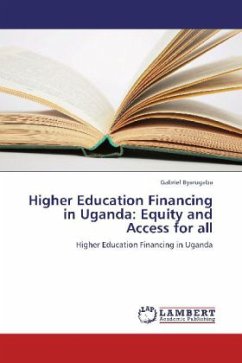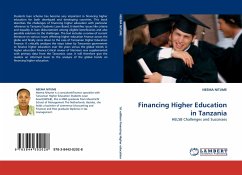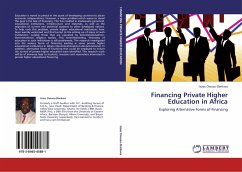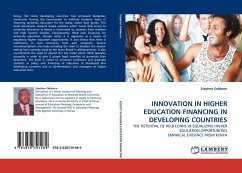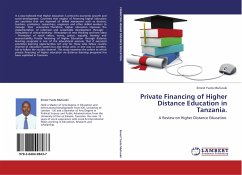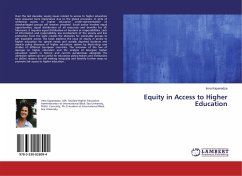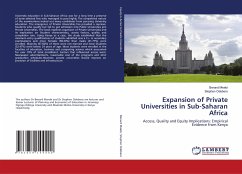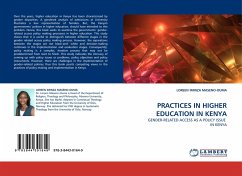The study is about resource planning and allocation with emphasis on Higher Education in Uganda. The study is more focused on policy implications and attempts to establish who gains most from current Education financing policy in Uganda. The study adopts a multi-disciplinary approach in examining the main issue investigated, benefits from theory and practice to support the line of argument. In the study, different income groups are looked at to assess policy impact on all including those from; low, middle and higher income backgrounds. It also compares regions of same and different levels of development such as in; Asia, South America and Africa especially those with higher economic achievement and education systems to generate appropriate learning experiences. Important arguments relevant to the issue investigated from classical and contemporary scholars in economics of education are contrasted with evidence from research on returns to investments in basic and higher education to support the line of argument considering social and private benefits expected in light of resource scarcity as appropriate to Uganda for policy recommendations.

